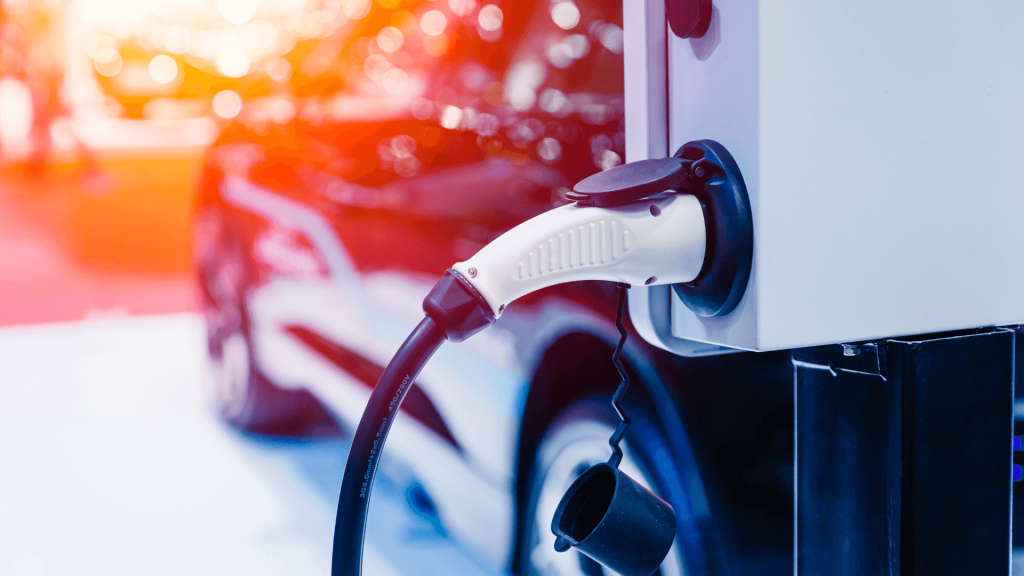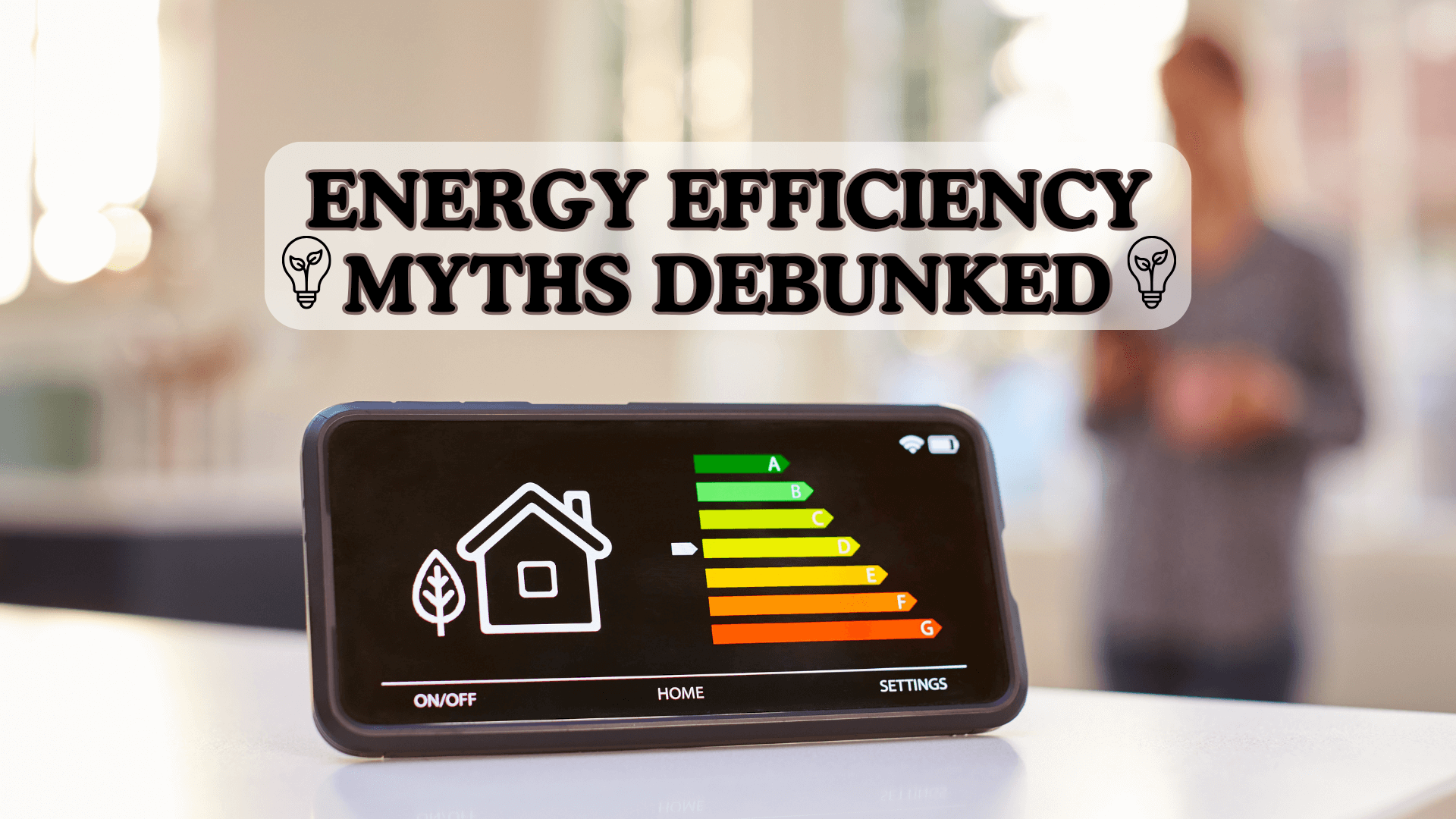Display Table of Contents
Eco-friendly driving, known as eco-driving, encapsulates a driving ethos aimed at minimising fuel consumption and reducing the negative impact of vehicle emissions on the environment. This practice is not only beneficial for the planet but also for the driver’s wallet, as it can significantly lower fuel costs over time. Embracing eco-driving techniques does not necessitate a profound change in driving habits but rather a more mindful approach to handling a vehicle. This article explores various tips to enhance fuel efficiency and promote eco-friendly driving.
Understanding Fuel Efficiency
Fuel efficiency denotes the distance a vehicle can travel per unit of fuel. It is often measured in miles per gallon (MPG) or kilometres per litre (KM/L). A higher MPG or KM/L indicates better fuel efficiency, implying the vehicle can travel further with less fuel. Fuel efficiency is influenced by several factors including the vehicle’s design, engine performance, tyre pressure, and the driving habits of the operator. Understanding these factors provides a solid foundation for adopting eco-driving techniques.
The Principles of Eco-Driving
Eco-driving principles are rooted in gentle, smooth, and even driving. Here are some key principles:
- Gentle Acceleration: Avoiding rapid acceleration reduces fuel consumption. Gentle pressure on the accelerator ensures a gradual increase in speed, thus optimising fuel usage.
- Smooth Braking: Abrupt braking wastes the fuel used to accelerate. Smooth, gradual braking is more fuel-efficient and extends the life of the brakes.
- Even Speed: Maintaining a steady speed, particularly on motorways, promotes better fuel efficiency as opposed to fluctuating speeds.
For instance, a study by Uniroyal demonstrated that driving gently and avoiding sharp acceleration or abrupt braking can positively affect energy consumption, reducing fuel consumption and wear and tear on the vehicle.
Speed Regulation
Speed regulation is a crucial element of eco-driving. In the UK, it’s advised to adhere to the speed limits not only for safety but also for fuel efficiency. For instance, driving at a steady speed of 50mph instead of 70mph can improve fuel efficiency by up to 25%. Additionally, constant fluctuations in speed can lead to a 20% increase in fuel consumption. Here are some tips for effective speed regulation:
- Adapt speed based on road conditions.
- Set specific speed targets and maintain them for a defined distance.
- Avoid speeding through intersections to ensure safety and fuel economy.
Utilising Engine Brake and Fuel Cut-off
The engine brake and fuel cut-off are effective tools for eco-driving. The engine brake, activated when releasing the accelerator with the gear engaged, allows the vehicle to decelerate without consuming fuel. This technique is particularly useful when approaching a red traffic light. It enables the driver to roll to a stop, reducing the need for harsh braking which, in turn, conserves fuel. On roads well-known to the driver, turning off the engine at red lights lasting over twenty seconds can also result in fuel savings.
Regular Vehicle Maintenance
Regular maintenance plays a vital role in ensuring a vehicle operates efficiently. Well-maintained vehicles tend to have better fuel efficiency compared to those lacking regular upkeep. Key maintenance practices include:
- Regular oil changes to ensure the engine runs smoothly.
- Keeping tyres properly inflated to reduce rolling resistance.
- Replacing air filters to enhance engine performance.
This segment has provided a foundational understanding of eco-driving and its benefits. The forthcoming sections will delve deeper into advanced techniques and tools available for drivers keen on embracing an eco-friendly driving culture.
Advanced Eco-Driving Techniques
As drivers become accustomed to the basic principles of eco-driving, they may wish to explore more advanced techniques to further enhance fuel efficiency. These techniques require a deeper understanding of the vehicle’s operation and a more nuanced approach to driving. Here are some advanced eco-driving techniques:
- Utilising Cruise Control: Cruise control helps maintain a steady speed, particularly on long journeys, which can be beneficial for fuel efficiency.
- Understanding Gear Efficiency: Efficient gear shifting can have a noticeable impact on fuel consumption. For instance, shifting to a higher gear sooner can reduce engine load and save fuel.
- Optimising Route Selection: Choosing routes with less traffic and fewer stops can lead to reduced fuel consumption.
Monitoring Fuel Consumption
Being cognisant of fuel consumption is an essential aspect of eco-driving. Monitoring fuel efficiency can be done through onboard fuel consumption displays or smartphone applications. These tools provide real-time feedback, enabling drivers to adjust their driving habits for better fuel efficiency.
Reducing Vehicle Load and Drag
The weight and aerodynamics of a vehicle significantly affect fuel efficiency. Here are some tips to reduce vehicle load and drag:
- Remove unnecessary items from the vehicle to reduce weight.
- Use roof racks or carriers only when necessary as they can create additional wind resistance.
- Keep windows closed at high speeds to maintain aerodynamic efficiency.
Tyre Maintenance
Tyres play a pivotal role in a vehicle’s fuel efficiency. Proper tyre maintenance includes regular checks and adjustments to ensure they are in good condition. Here are some tyre maintenance tips:
- Ensure tyres are properly inflated to the manufacturer’s recommended pressure.
- Regularly inspect tyres for signs of wear or damage.
- Rotate tyres as per the manufacturer’s recommendations to ensure even wear.
Investing in Fuel-Efficient Vehicles
For individuals in the market for a new vehicle, considering fuel efficiency as a key criterion is prudent. Fuel-efficient vehicles, such as hybrid or electric models, are designed to consume less fuel and produce fewer emissions. Moreover, many countries offer incentives for purchasing eco-friendly vehicles, making them an attractive option for the environmentally conscious consumer.
Utilising Eco-Driving Apps
Several applications available on the market assist drivers in adopting eco-driving habits. These apps provide feedback on driving behaviour, suggest eco-driving tips, and track fuel consumption over time. Engaging with such technology can provide valuable insights and foster a more eco-conscious driving culture.
Participating in Eco-Driving Training
Eco-driving training courses are available for individuals keen on improving their eco-driving skills. These courses cover a range of topics including advanced eco-driving techniques, understanding vehicle dynamics, and practical on-road training. Participating in such training can significantly enhance a driver’s ability to drive in an eco-friendly manner.
The Broader Benefits of Eco-Driving
The practice of eco-driving extends beyond individual benefits, contributing to broader societal and environmental advantages.
Here are some of the wider benefits of eco-driving:
- Reduced Greenhouse Gas Emissions: By minimising fuel consumption, eco-driving helps in reducing the emission of greenhouse gases, which are detrimental to the environment.
- Improved Road Safety: Eco-driving encourages safer driving practices such as gentle acceleration and smooth braking, which can lead to fewer road accidents.
- Economic Savings: Lower fuel consumption translates to reduced fuel expenditure, providing economic savings for drivers.
- Enhanced Public Health: Reduced vehicle emissions lead to better air quality, which is beneficial for public health.
Government Initiatives Supporting Eco-Driving
Various governments worldwide have recognised the benefits of eco-driving and have launched initiatives to promote this practice. These initiatives may include public awareness campaigns, incentives for purchasing fuel-efficient vehicles, and the integration of eco-driving principles with certain driving courses.
The Future of Eco-Driving
As environmental awareness continues to grow, the practice of eco-driving is likely to gain more traction. Technological advancements, such as the development of more fuel-efficient vehicles and eco-driving support systems, will further facilitate the adoption of eco-driving practices.
Community Engagement in Eco-Driving
Community engagement plays a crucial role in promoting eco-driving. Local eco-driving campaigns, carpooling initiatives, and community-led eco-driving training sessions are examples of how communities can come together to promote eco-friendly driving practices.
Technological Advancements in Eco-Driving
Technological advancements have paved the way for smarter eco-driving practices. Innovations such as real-time fuel efficiency displays, adaptive cruise control, and eco-driving apps have empowered drivers to make informed decisions on the road. The integration of Artificial Intelligence (AI) and Machine Learning (ML) in modern vehicles also holds promise for enhancing eco-driving. For example, predictive analytics can provide insights into optimal driving patterns, while smart navigation systems can suggest the most fuel-efficient routes.
Moreover, the advent of autonomous vehicles could revolutionise eco-driving. Autonomous vehicles, programmed to adhere to eco-driving principles, could significantly reduce fuel consumption and emissions on a large scale.
Global Initiatives Promoting Eco-Driving
Various nations have embraced eco-driving as a means to combat climate change and promote sustainable transport. For example, Japan has been a forerunner in promoting eco-driving, with government campaigns and certifications for eco-drivers. Similarly, the European Union has also been active in promoting eco-driving through various initiatives such as public awareness campaigns and eco-driving training programmes.
Conclusion
Eco-driving embodies a responsible and mindful approach to operating a vehicle. By adopting simple yet effective driving habits, individuals can significantly enhance their vehicle’s fuel efficiency, save on fuel costs, and contribute to a healthier environment. Furthermore, engaging in government and community initiatives can amplify the benefits of eco-driving, fostering a culture of environmental responsibility on the road. Through collective efforts, it is possible to create a sustainable driving culture that benefits not only the individual driver but also the wider community and the environment.








